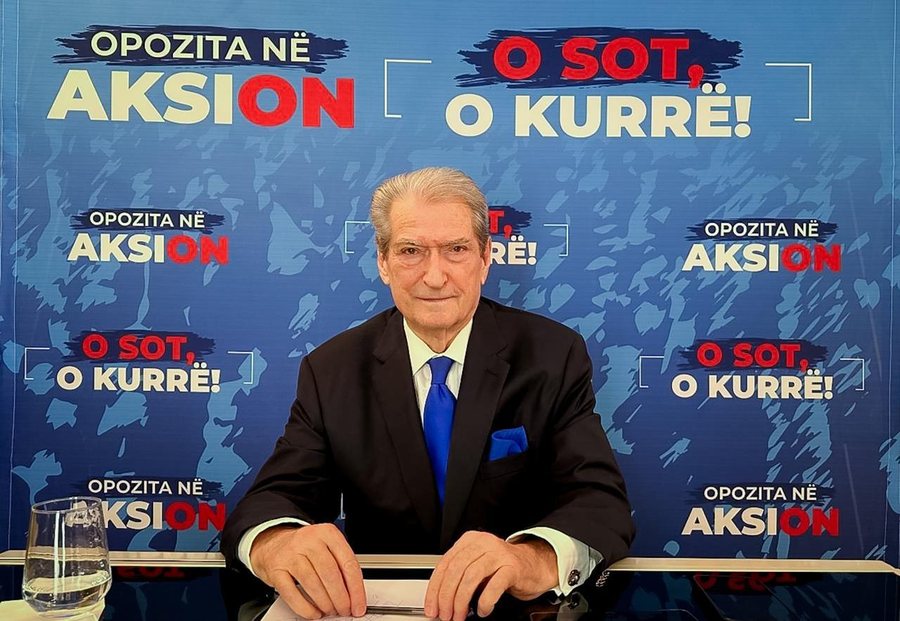Albanian opposition announces November 26 protest against court ruling

The Albanian opposition has announced a major protest on November 26. Sali Berisha described it as potentially the most powerful demonstration in the country’s history.
Why is this important: The Democratic Party’s (DP) decision to protest follows a ruling by the Constitutional Court that upheld the decision of the Special Structure Against Corruption and Organized Crime (SPAK) to bypass Parliament in enforcing measures against Berisha, including an obligation to appear before the prosecution and a travel ban. However, the Court deemed the travel ban imposed on Berisha as disproportionate. The decision to protest against the Constitutional Court ruling came as no surprise. DP and Berisha have a tradition of protesting against all court decisions that go against them.
Context: Berisha’s legal team filed a Constitutional Court appeal against these two measures before SPAK upgraded the obligation to appear to house arrest in December of last year. The upgrade came after Berisha refused to comply with the original court order. The appeal against house arrest was only filed on November 18, 2023, and the Constitutional Court judges are expected to review it in the coming weeks.
Thursday’s Constitutional Court ruling was poorly received by Berisha, who harshly criticized the presiding judges.
“There is no more Stalinist interpretation, not even in Stalinist, neo-Nazi, or theocratic courts, where freedom of movement is not seen as an individual liberty,” Berisha remarked.
Despite SPAK’s restrictions, which limit his communication to family members, Berisha continues to hold virtual conferences every Friday. In his latest address, he declared he has no intention of stepping aside or allowing another Democratic Party figure to take his place as the party’s candidate for prime minister in the upcoming May 2025 parliamentary elections.
Berisha’s political legacy: Berisha, who has dominated Albanian politics for 34 years, was Albania’s president from 1992 to 1997. He resigned after a civil conflict linked to the collapse of pyramid schemes. Hundreds of thousands of Albanian families lost their savings in these schemes that were supported by Berisha’s public assurances of their safety. Thousands of Albanians lost their lives and the country went to the brink of civil war also because of Berisha’s month long refusal to take responsibility for the financial crisis. His decision to use repression to quell the protests had the opposite effect and the country descended into total anarchy.
In opposition, Berisha led violent protests against the government, including the 1998 armed attack where heavy weaponry was used to attack the Socialist government led by Fatos Nano, whom Berisha had previously jailed. Returning to power in 2005 under the slogan “With Clean Hands,” Berisha’s administration was marred by scandals, including:
- Gërdec explosion (March 2008): A blast at a weapons dismantling factory killed 27 people, including children, where his son was implicated.
- January 21, 2011 killings: Four opposition protesters were shot by the Guard of the Republic during a demonstration calling for his resignation.
Berisha was declared non grata by the United States in May 2021 for significant corruption and later by the United Kingdom in July 2022. In 2023, SPAK accused him of passive corruption, alleging his involvement in favoring his son-in-law during the privatization of the Partizani sports complex. He is currently under indictment, and the case is ongoing in the Special Court for Corruption and Organized Crime.


